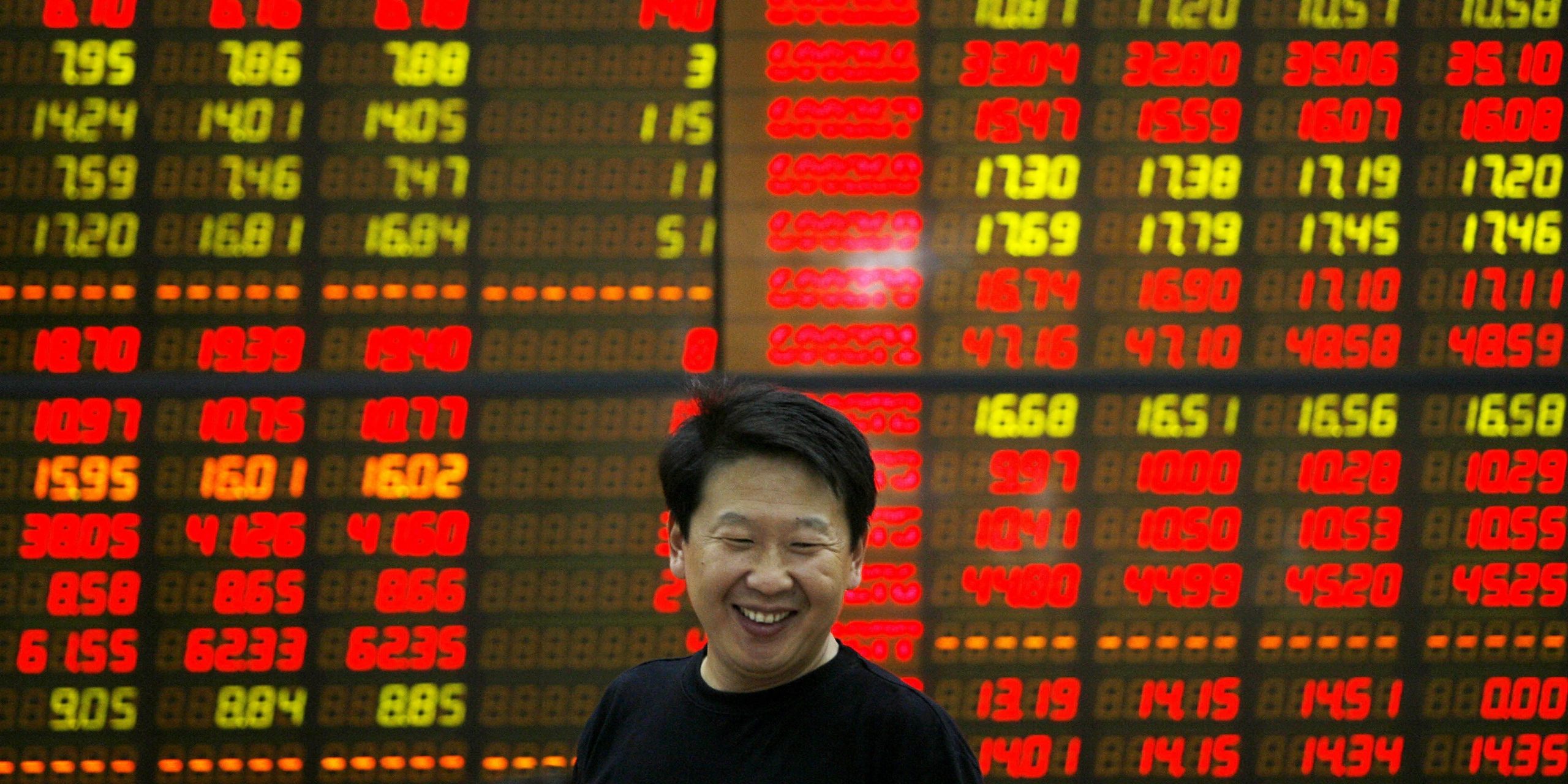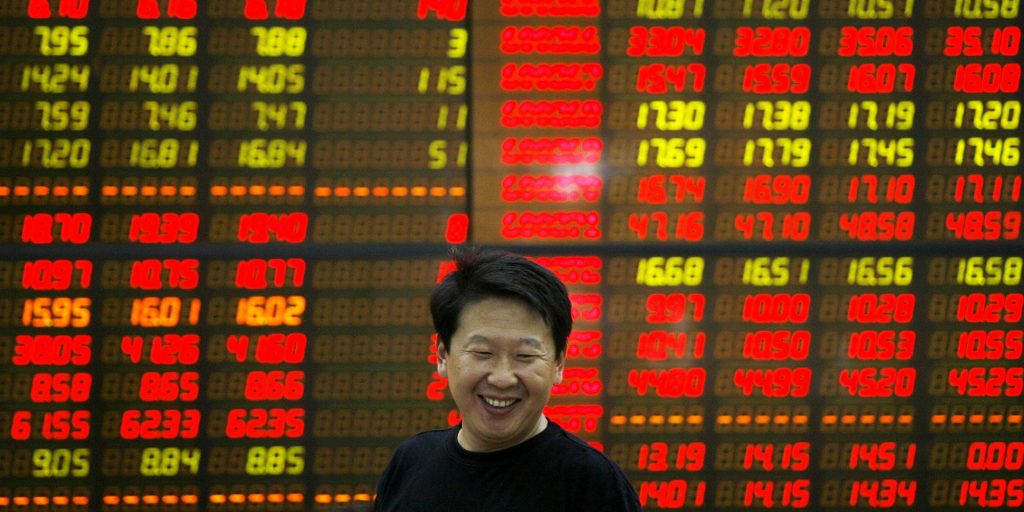
- Investors should boost their exposure to Chinese assets, BlackRock's Wei Li said in an interview.
- The investment strategist said investors should tap into the nation's growth and development.
- Chinese markets are being roiled by a regulatory crackdown on key sectors.
- Sign up here for our daily newsletter, 10 Things Before the Opening Bell.
Investors should increase their exposure to Chinese assets by up to three-fold as the country's markets have grown and developed, Wei Li, the chief investment strategist of BlackRock's Investment Institute, said in a Financial Times interview published on Tuesday.
"China is under-represented in global investors' portfolios but also, in our view, in global benchmarks," she said, adding that the allocation shift should include both stocks and debt.
In terms of global equity portfolios, Li said that allocations to Chinese assets should be doubled or even tripled. When it comes to bonds, exposure should be increased by even more than that in some cases due to the low starting point, she told the Financial Times.
"The direction of travel for China to be represented in global benchmarks is clear," she said.
China has been cracking down on major sectors of its economy in recent months, adding significant regulatory pressure that has spooked investors. This has included the introduction of new rules for the education sector that could effectively choke the private-tutoring industry, harsh criticism of online gaming from a state-run media outlet, and regulations around competition for internet companies.
China has also released a five-year plan which outlines sectors that will be more tightly regulated, including tech innovation, internet finance, and public health.
The regulatory pressures have led to bouts of stock-market volatility. Share prices of impacted companies have plummeted in response to the announcement of newly implemented or even draft regulations.
China has also been at odds with the US as political leaders have expressed concerns about Chinese companies being listed on American stock exchanges, and threatened to delist or ban them.
Major financial institutions have also reacted to the new pressures, with Goldman Sachs slashing its outlook for Chinese stocks by 20% last month as the regulatory crackdown intensified.
The BlackRock Investment Institute, however, has taken a different view of the matter.
"The regulatory crackdown on dominant companies is ongoing. We see these as important aspects of China's efforts to improve the quality of growth," the institute said in its 2021 mid-year report, in which the firm separated China and emerging markets for the first time.
"We believe it is time to also treat it as an investment destination separate from EM and DM," the firm noted, referring to emerging and developing markets.

